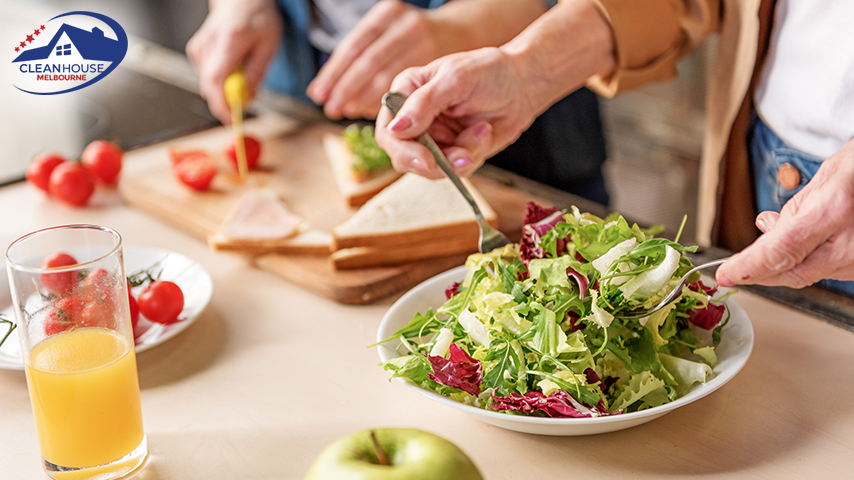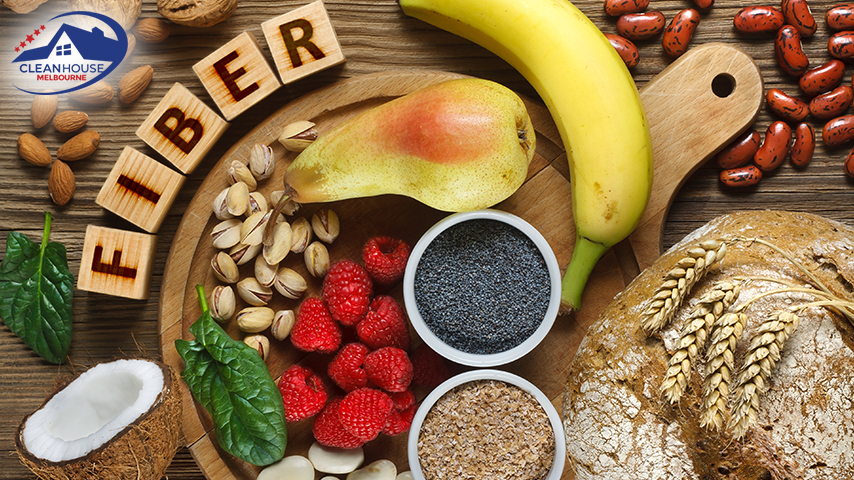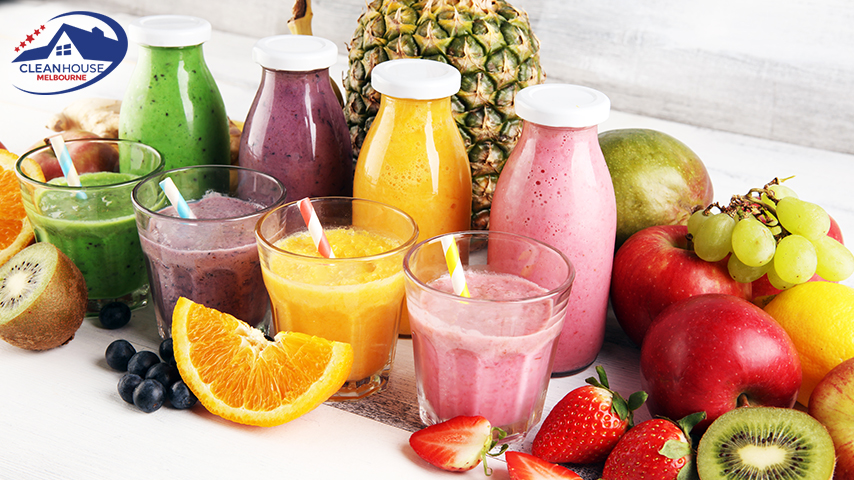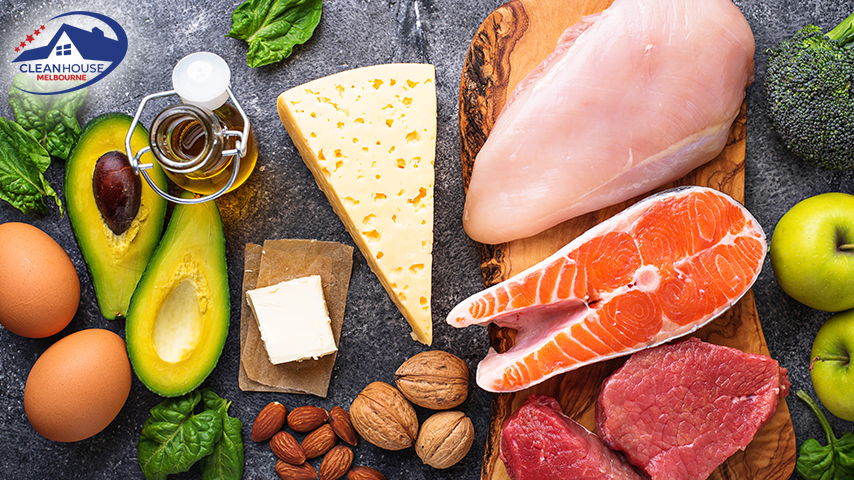Our nutritional requirements are one of the many parts of life that change as we age. It is therefore important at this age to go for a varied and balanced diet, with a higher concentration of vegetables, fruit, small protein sources as well as healthy fats.
When you are in good health as you grow older, you get to spend a lot of time doing things you like or just catching up with family and friends.
However, it is important to pay attention to certain nutrients after the age of 70.
In this latter stage of life, you may find it difficult to access and prepare healthy foods or keep being active. Finances, medications, health conditions, or dentures are other factors that are likely to affect the type of nutrients you take or need.
Certain food products can be good for those staying in elderly care homes and help them in maintaining their health and memory when consumed as an aspect of a healthy lifestyle.
Continue reading to figure out our top tips to assist those over the age of 70 to get all their necessary nutrition.
 Why Should You Eat Healthily?
Why Should You Eat Healthily?
Healthy eating is important to boost your physical, mental, and social wellness during this stage of life. According to research, a minimum of 30 minutes of exercise per day is also as important as healthy eating to keep good health.
Add physical activities that involve strength, flexibility, fitness, and balance. For more information about physical activity and sedentary behavior guidelines in Australia, stay tuned to this page.
Best Diet for Adults Over 70 Years of Age
A healthy diet for adults above 70 years with average height is outlined by the Australian dietary guidelines.
Below are the best diets for adult aged 70 years:
Vitamins and Minerals – for your feet
Vitamins (most importantly Vitamin D and B12) are essential for older adults, just as it is for every age group. We experience different physiological and psychological changes as we age, which affects our required nutrition. The efficiency of the body in taking in and using a lot of vitamins and minerals reduces. Specific nutrient absorption can be reduced by prolonged use of prescription drugs.
Also, a lot of people discovered that their appetite decreases as they grow older. Since there is no change to the need for vitamins and minerals, or sometimes increases, it is, therefore, more important to eat healthy and nutritious food.
Plan to eat a balanced and varied diet that contains a minimum of five parts of fruit and vegetables daily. If you couldn’t cook fresh vegetables and fruits, you can substitute for canned or frozen vegetables as they can be easily prepared and are in most cases of the same nutrients.
It is also nice to take a 30g quantity of dried fruit and a 150ml quantity of fruit juice or smoothies every day, usually at mealtimes, rather than between meals to mitigate the risk of tooth decay. You can take tinned and dried fruits and vegetables as great store-cupboard stables which makes them so handy if getting to shops becomes difficult.
 Add Sources of Protein – keep your muscles active
Add Sources of Protein – keep your muscles active
Protein is an important nutrient, giving our bodies what they need to build and maintain cells, tissue, and muscle, develop hormones, and produce anti-bodies. According to a suggestion by studies, we may benefit from high consumption of protein as we grow older because it helps reduce the loss of muscle associated with aging.
Great sources of protein include pork and beef, poultry like chicken and turkey, fish like cod and salmon, as well as seafood such as prawns. Vegetarians can go for dairy products like cheese, milk, and yogurt, while beans, seeds, soya, quinoa, tofu, and nuts are sources of vegan.
 Eat Sufficient Fiber – maintain a healthy heart and gut
Eat Sufficient Fiber – maintain a healthy heart and gut
Adding fiber, popularly known as roughage in your diet can be of great help in keeping your digestive system healthy and give rise to regular bowel movements. Ensure to eat diets that include different fiber-rich foods like fruits, lentils, vegetables, whole-grains, beans, and oats. You can get rid of constipation by taking a small glass of prune juice in the morning.
If you are taking medication instead, contact your GP before you increase your fiber consumption or before you take fiber supplements. This is due to how fiber reduces the pace of digestion and may reduce the rate of absorption of your medication.
Being able to absorb nutrients, especially B-group vitamins reduces with age. The great sources of B-group Vitamins are whole-grains and fiber. You can also consider fruit and vegetables as your good sources of fiber and vitamins.
When you have sufficient fiber in your diet, it will help you prevent constipation, which is peculiar to older adults. A diet that contains enough whole-grains can lower your risk of heart disease.
For more examples of food rich in high fiber and B-group vitamins, check all five food groups in the Dietary Guidelines of Australia.
Calcium – for strong bones
As you grow older, your ability to develop new bone decreases, and the rate at which you experience breakdown increases, which can cause osteoporosis. For food that is rich in calcium, consider cheese, milk, yogurt, and/or alternatives, usually reduced fat in the table of the Australian Dietary Guidelines.
 Fluid – prevent body dehydration
Fluid – prevent body dehydration
One can easily forget to drink sufficient water, but you need to target six to eight glasses or cups per day. Fortunately, this doesn’t have to be all water-milk, sugar-free drinks and coffee and tea are important but remember that caffeinated drinks such as tea and coffee can cause the body to produce urine more often.
You can also bet on fruit juice and smoothies but their free sugars content (which we are advised to reduce) means that you should not take beyond 150ml per day. A lot of foods we eat add to our fluid intake, such as ice cream, jelly, and soup, including fruit and vegetables that contain more water, like courgette, melon, or cucumber.
Maintain Low Salt Levels
Adding salts is vital for good health, but consuming a lot of pre-packaged foods may imply that we eat too much without knowing. Also, our sense of smell and taste may be less active as we age, and adding more salt to our food just to feel the taste can be tempting. Instead, consider using herbs, spices as well as vinegar, garlic, mustard, lemon juice, or other strongly flavored ingredients.
FAQs about Trusted Aged Care Cleaning:
- What is the recommended diet for adults over 70?
A balanced diet including vegetables, fruits, lean proteins, and healthy fats is ideal for those over 70. - Why is protein important for older adults?
Protein helps maintain muscle mass and strength, which are essential as muscle loss increases with age. - What role do vitamins play in a senior’s diet?
Vitamins like D and B12 are crucial for bone health and energy, but absorption decreases with age. - How much water should adults over 70 drink daily?
Aim for 6-8 glasses of fluid per day to prevent dehydration, which is more common in seniors. - Are fibre-rich foods necessary for seniors?
Yes, fibre supports digestion and helps prevent constipation, common among older adults. - How can older adults ensure they get enough calcium?
Including dairy or fortified alternatives supports bone health and reduces osteoporosis risk. - What are some easy-to-prepare nutritious meals for seniors?
Simple meals like grilled fish, steamed vegetables, and wholegrain options provide essential nutrients. - Is it safe for seniors to consume canned or frozen vegetables?
Yes, they are nutritious and convenient alternatives when fresh produce is unavailable. - How does physical activity complement a balanced diet for those over 70?
Regular exercise alongside a healthy diet promotes overall well-being and mobility. - What are some ways seniors can reduce their salt intake?
Use herbs and spices instead of salt to enhance flavour without the health risks associated with high sodium.
We, at Trusted Aged Care Cleaning, don’t only clean your aged care home, but also prepare and provide our clients with helpful tips that promote their health other areas of their lives. Stay healthy!


 Email Us
Email Us Whatsapp
Whatsapp


